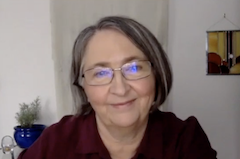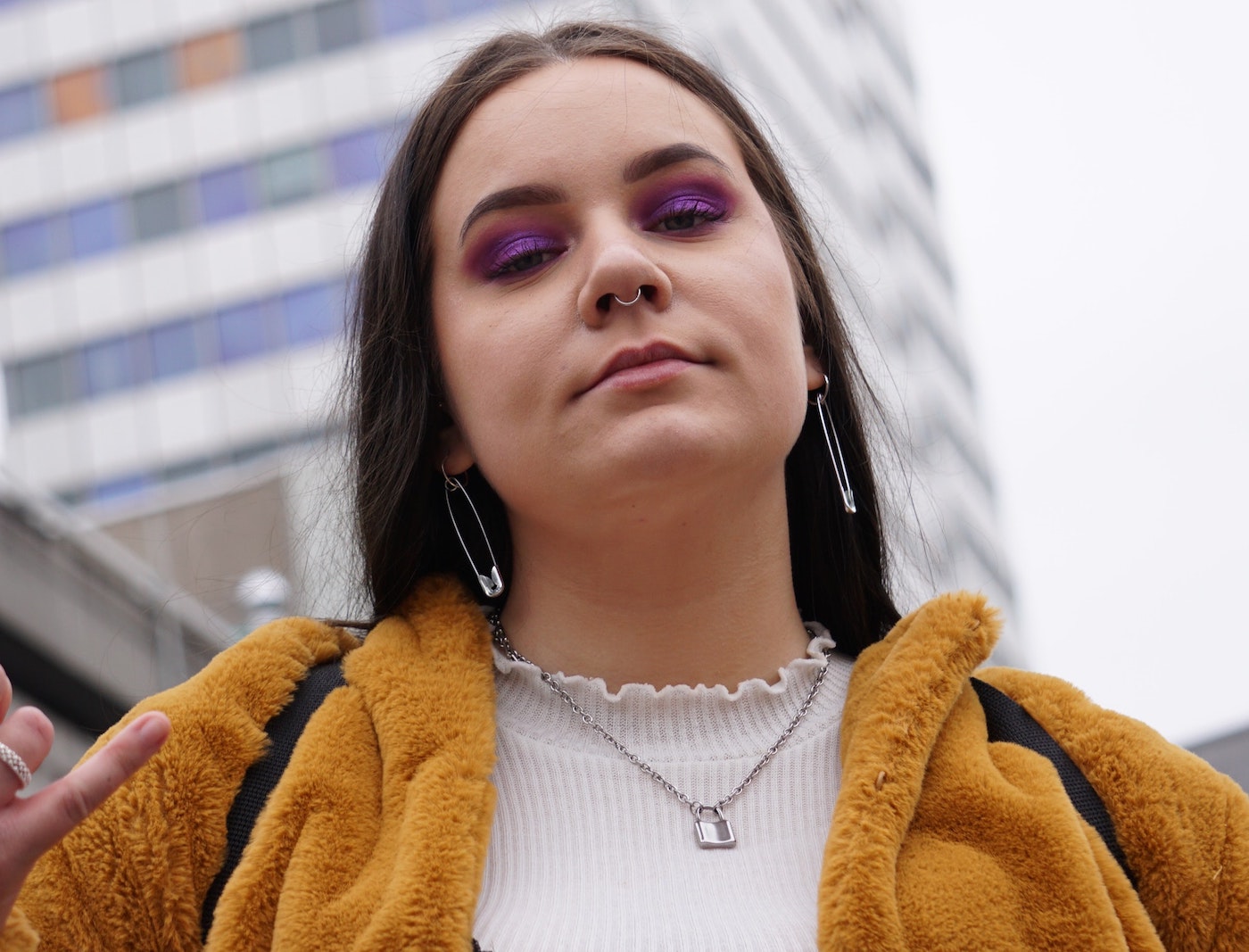A deficiency story or core belief is formed early in life and involves negative judgments about ourselves. Common deficiency stories include “I am unlovable”, “I’m stupid”, “I’m not good enough” or “I’m disgusting”. There is a sense we are inherently damaged.
Evidence for these beliefs accumulates through experiences. The mechanism of turning against ourselves leads to feelings of loathing, unworthiness, and self-hatred. We incorrectly blame ourselves for harm others did to us. Although we all recognize that major trauma will affect us, these beliefs also form during everyday, ordinary experiences, like being made fun of by a teacher at school, or being left out socially.
When practicing the Kiloby Inquiries, we examine the evidence we have for our core beliefs through adult eyes.
Event: I didn’t read well and my Grade 2 teacher used to make fun of me in class.
Incorrect conclusion: I’m stupid. I deserved it. I’ll never get it right. I hate to read!
People who abuse us make us feel it is our fault through gaslighting, pretending it is not abuse, or is no big deal. They ask “Can’t you take a joke?” You believe the reason they did it is because there is something wrong with you.
Reframe: That teacher was wrong to make fun of me. I wasn’t stupid, my brain stopped working when she called on me because I was afraid. I was traumatized by the experience. Everyone deserves safety and protection, including me. I had no way at the time to understand this. I do now. I can be kind with myself and be on my own side.
To survive into adulthood, we need the care and protection of our family, teachers and others with authority. When that is not our experience, our survival system responds in predictable ways.
Through working with the Kiloby Inquiries, I was able to see that as a teenager I frequently experienced being shamed and like no one noticed or cared. I realize now that these were experiences; it was not who I was and it was not my fault. I tried to avoid the pain of feeling abandoned through drinking, drugs, and other behaviors. I was not a “bad girl”. I was a young person alone, confused, and trying to feel better.
How does your early conditioning still play out in your adult life?


